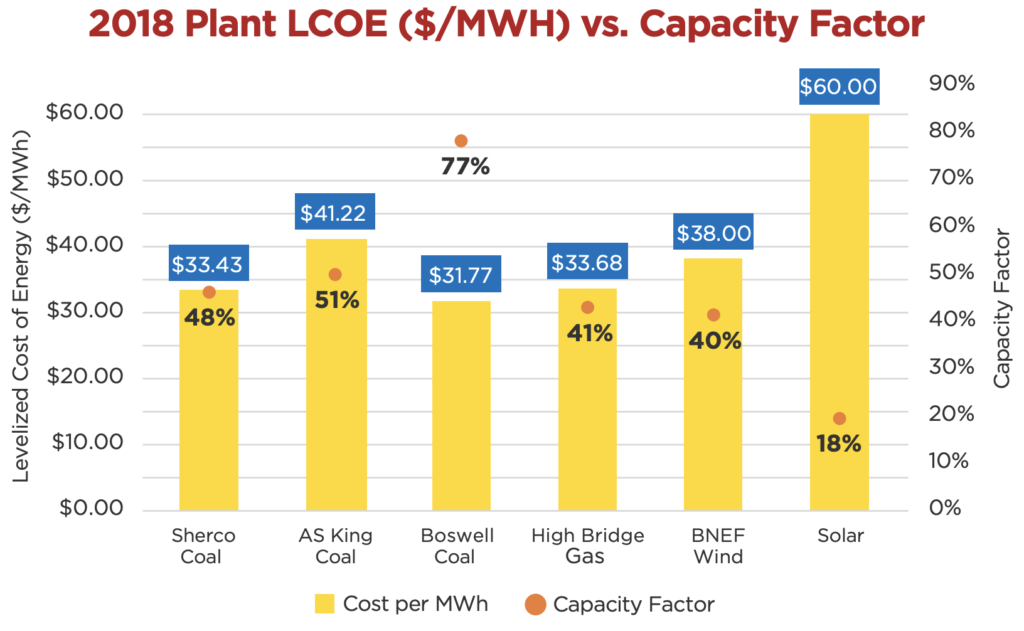Whether we need it or not
Xcel exec testifies that customers pay triple the cost of solar energy ‘in an unlimited quantity.’
We have our policy disagreements with Xcel Energy, but it is important to give credit when credit is due. In late February, Rick Evans—director of regional government affairs at Xcel—testified about the huge inefficiencies related to the Community Solar program. Evans made many of the same arguments Center of the American Experiment makes about wind and solar every day.
“Our customers are required to pay triple the cost of solar energy, in an unlimited quantity, that comes on to our system regardless of whether we need it or not,” he said.
“First of all, the financial transaction is extremely regressive; it takes money from the poor and gives it to the rich. That’s just the way the money flows. It wasn’t the design, it wasn’t the intention, but it’s the way the money flows.”
Evans added that about 20 percent of Xcel’s residential customers are low-income customers, “but they all pay, they all pay three times the cost, three times the market cost, of solar energy.”
Clearly, Xcel understands that the value of solar is far lower than the price paid for it. However, it isn’t just community solar that drives up costs for consumers, it is all solar.
Using recently-released data from the Federal Energy Information Administration, American Experiment calculated the levelized cost of energy from solar facilities and found it would cost about $60 per megawatt hour (MWh), which is nearly twice as expensive as the electricity generated at Xcel’s Sherburne County coal facility that Xcel wants to shut down several years before the end of its useful lifetime. The graph below was made using data from the Federal Energy Regulatory Commission (FERC).
The graph shows that Xcel wants to close down a more affordable source of electricity for a more expensive one. Furthermore, the cost of solar does not accurately reflect its value because it is far less reliable than coal-fired power plants.
It is encouraging to see Xcel take a strong stand for its ratepayers against overpaying for electricity generated at Community Solar facilities, but this same logic must also be applied to any solar project.
